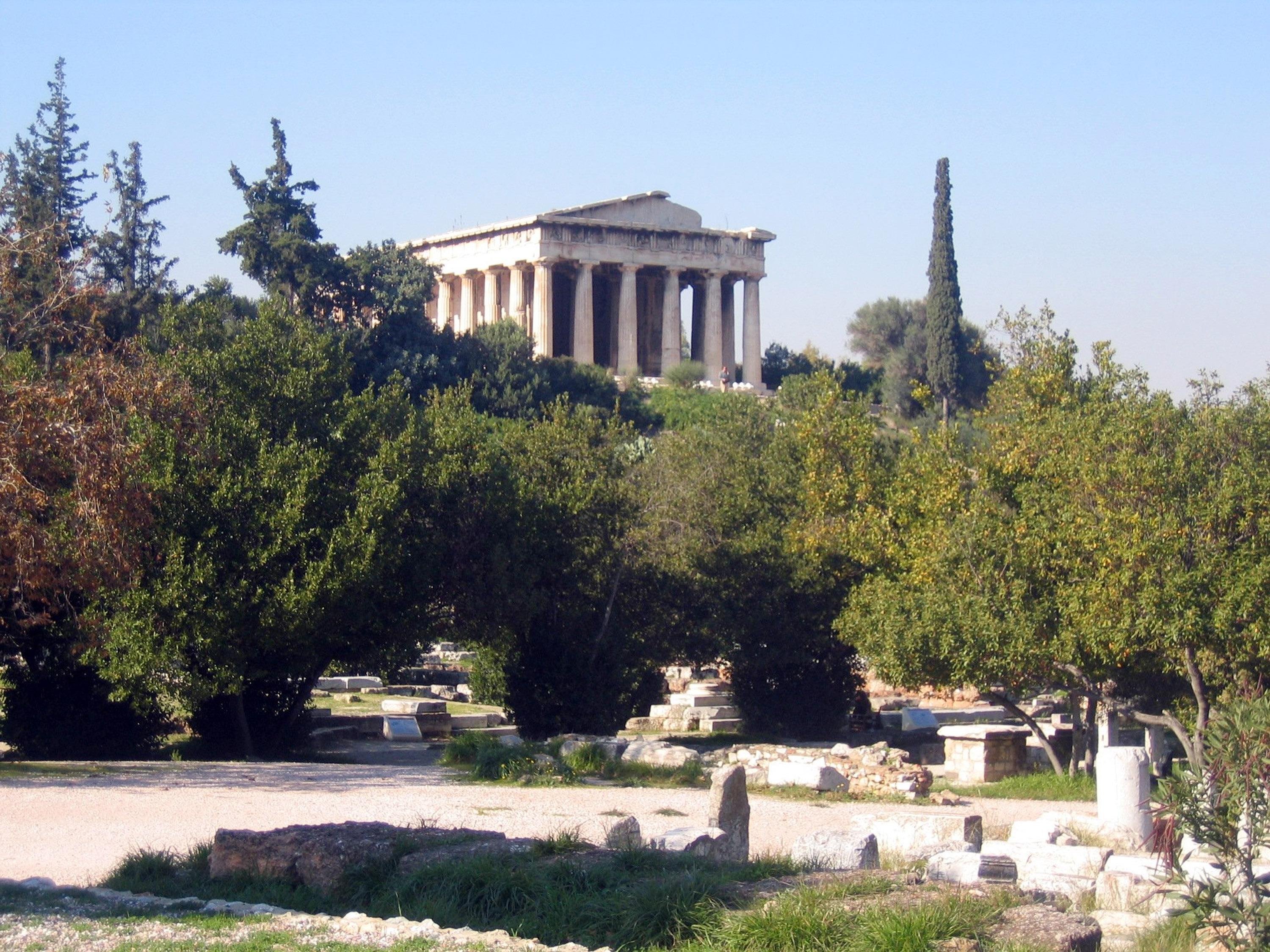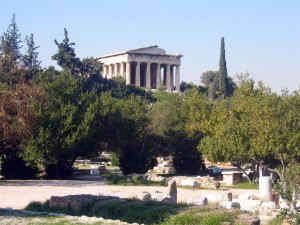

(Howard Shapiro/Philadelphia Inquirer/MCT)
By Josh Day
Reporter
“Master Greek this summer!”
These bold words line the top of the flier for the classics department’s intensive program.
The Baylor Intensive Greek summer program aims to provides a solid grounding in both classical and Christian Greek. For 10 weeks, a student beginning as a novice can participate in the on-campus program and walk away with 12 credit hours — the equivalent of four semesters of Greek classes. By the end of the sequence, a student would be prepared for junior-level Greek courses in the fall semester.
“It’s a pretty radical change from what we’ve done in the past,” said Dr. Jeff Hunt, lecturer in the classics department. “We’ve done an intensive program, but it has been sort of a condensed version of what we do during the semesters. This is a considerable overhaul.”
Four members of the classics department faculty — Hunt, Dr. Jeffery Fish, Dr. Simon Burris and Dr. Timothy Heckenlively — will lead the students in a reworked Greek program that the four say will be more immersive than past programs.
Burris said the immersion will come through consistently speaking, reading, and thinking about Greek on a daily basis for the 10 weeks.
“What we’re going to be doing is putting a student in a situation where he only has Greek to worry about, all day, every day for an entire summer,” he said. Instead of the standard focus on memorization of words and phrases, the program emphasizes comprehension before anything else.
“It’s done in a way that helps you understand what you’re doing and why you’re doing it,” said Fish, the program’s director.
The first five weeks of the course will feature readings with a more simplified version of ancient Greek, with the students reading the text phrase by phrase. At the same time, students will be learning how to differentiate different aspects of Greek grammar, word structure and suffixes.
“Within two weeks, the student has absorbed enough grammar to read some straight Herodotus,” Burris said. Herodotus was a historian of ancient Greece. His works were chosen as a starting point because the form of Greek he uses in his works is similar to, but simpler than classical Greek. Another characteristic of the program is its focus on a wider variety of Greek texts than the normal fall and spring Greek courses.
Despite it being the first year to implement the new summer teaching method at Baylor, the classics professors are confident that their 10-week program will succeed. For one, Burris learned how to speak Greek through the very method they are using during his time as a University of Texas at Austin student.
The program has already succeeded in other universities including the University of Texas at Austin, where the program was conceived by Gareth Morgan, a late professor of classics at the school.
However, Heckenlively said he believes the program will be a particularly good fit for Baylor because of Baylor’s mission. In order to make his point, he called upon the motto emblazoned on the Baylor seal, “Pro Ecclesia, Pro Texana.”
“Is this for Texas? Yes. But even more than that, the reason that the Baylor classics department is so committed to this is because this is that other half of the Baylor mission statement. This is for the church too,” Heckenlively said.
He went on to explain that the majority of New Testament, central to the Christian faith, was originally written in Greek. “The one ancient language we cannot forget is Greek,” he said. With the class meeting a minimum of four hours a day, the summer program is not intended to be taken lightly.
Heckenlively said that although there are no formal prerequisites, the program is for students who are truly serious about learning Greek. The applications for the Baylor Intensive Greek program are on a rolling deadline. The application can be found at www.baylor.edu/learngreek.





